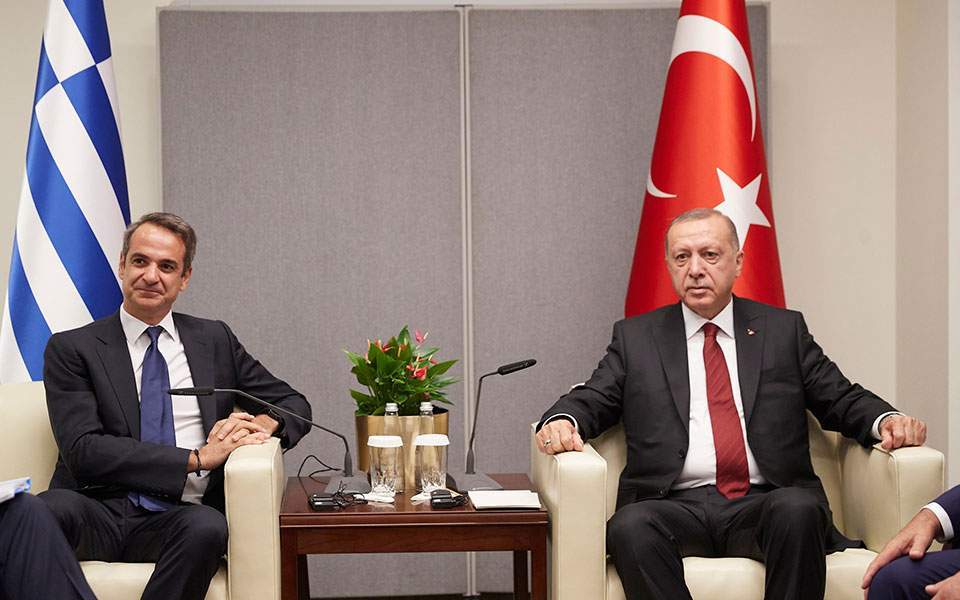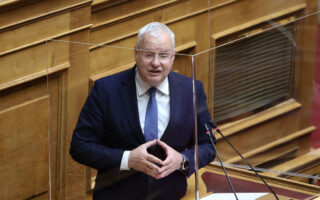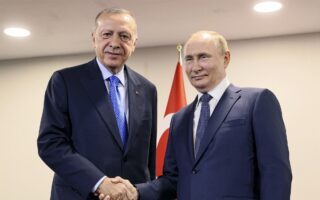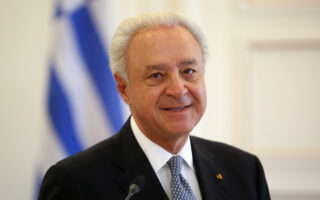A ‘restart’ in Greek-Turkish relations

The moment of truth for a potential opening of a new chapter in Greek-Turkish relations – with the encouragement of influential allies like the US and Germany – has arrived.
On Wednesday, the Greek prime minister will meet the Turkish president, for the first time in 16 months, at the NATO summit in Vilnius.
Kyriakos Mitsotakis has good reason to prioritize a positive agenda instead of dwelling on divisive matters. While the “red lines” are well-established, embracing alternative initiatives can yield significant benefits.
A relatively easy, fruitful, and symbolically powerful first step could involve reviving the High-Level Cooperation Council, which received positive evaluations during the Papandreou, Samaras, and Tsipras administrations.
Should the two leaders give the green light, there is significant scope for deepening cooperation, as indicated by the effective contacts of deputy Foreign Minister Kostas Fragogiannis.
The effort for a “restart” will be comprehensive: There will also be meetings between the new foreign and defense ministers of the two countries.
Agreeing on the need for de-escalation and the quick implementation of confidence building measures could be the relatively easy first steps
Greece is looking forward to a real and long-lasting improvement in relations with its neighbor, but the ball is in Turkey’s court. If it decides it has more to gain in terms of its relations with the US and the EU, and from re-engaging with all its neighbors in the region, instead of promoting a vision of dominance through the “Blue Homeland” doctrine, things could improve rapidly.
Following the positive atmosphere created by Greece’s immediate and sincere reaction to the earthquakes in Turkey, and the recently reconfirmed political strength of Mitsotakis and Erdogan, the present setup offers an opportunity.
Agreeing on the need for de-escalation and the quick implementation of confidence building measures could be the relatively easy first steps.
Obviously, Greece’s sovereignty and sovereign rights cannot be the subject of discussion or negotiation.
But the delimitation of the continental shelf and exclusive economic zones are issues of major importance that the two neighbors can and should resolve through recourse to the International Court of Justice.
Once this process has moved along, the bilateral as well as the regional puzzle will be very different, offering many opportunities for further progress that seem impossible today.





